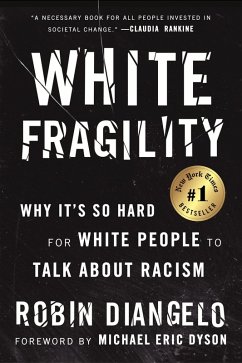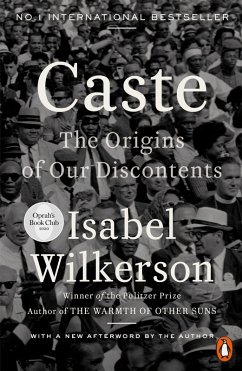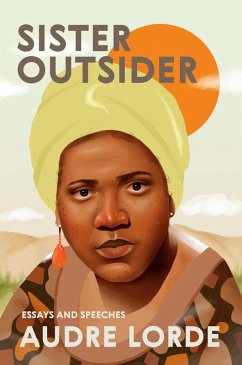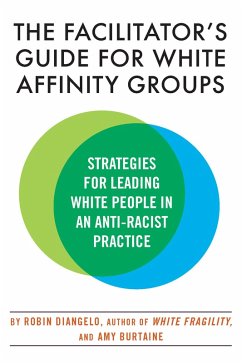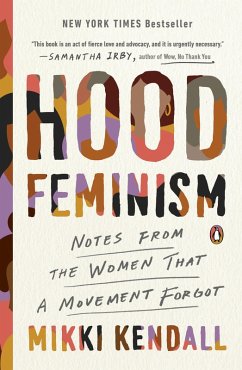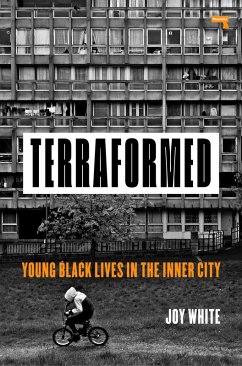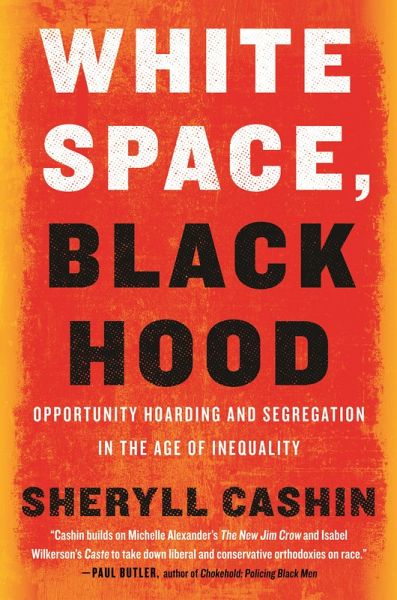
White Space, Black Hood (eBook, ePUB)
Opportunity Hoarding and Segregation in the Age of Inequality
Versandkostenfrei!
Sofort per Download lieferbar
10,95 €
inkl. MwSt.
Weitere Ausgaben:

PAYBACK Punkte
5 °P sammeln!
A 2021 C. Wright Mills Award Finalist Shows how government created "ghettos" and affluent white space and entrenched a system of American residential caste that is the linchpin of US inequality-and issues a call for abolition. The iconic Black hood, like slavery and Jim Crow, is a peculiar American institution animated by the ideology of white supremacy. Politicians and people of all colors propagated "ghetto" myths to justify racist policies that concentrated poverty in the hood and created high-opportunity white spaces. In White Space, Black Hood, Sheryll Cashin traces the history of anti-Bl...
A 2021 C. Wright Mills Award Finalist Shows how government created "ghettos" and affluent white space and entrenched a system of American residential caste that is the linchpin of US inequality-and issues a call for abolition. The iconic Black hood, like slavery and Jim Crow, is a peculiar American institution animated by the ideology of white supremacy. Politicians and people of all colors propagated "ghetto" myths to justify racist policies that concentrated poverty in the hood and created high-opportunity white spaces. In White Space, Black Hood, Sheryll Cashin traces the history of anti-Black residential caste-boundary maintenance, opportunity hoarding, and stereotype-driven surveillance-and unpacks its current legacy so we can begin the work to dismantle the structures and policies that undermine Black lives. Drawing on nearly 2 decades of research in cities including Baltimore, St. Louis, Chicago, New York, and Cleveland, Cashin traces the processes of residential caste as it relates to housing, policing, schools, and transportation. She contends that geography is now central to American caste. Poverty-free havens and poverty-dense hoods would not exist if the state had not designed, constructed, and maintained this physical racial order. Cashin calls for abolition of these state-sanctioned processes. The ultimate goal is to change the lens through which society sees residents of poor Black neighborhoods from presumed thug to presumed citizen, and to transform the relationship of the state with these neighborhoods from punitive to caring. She calls for investment in a new infrastructure of opportunity in poor Black neighborhoods, including richly resourced schools and neighborhood centers, public transit, Peacemaker Fellowships, universal basic incomes, housing choice vouchers for residents, and mandatory inclusive housing elsewhere. Deeply researched and sharply written, White Space, Black Hood is a call to action for repairing what white supremacy still breaks. Includes historical photos, maps, and charts that illuminate the history of residential segregation as an institution and a tactic of racial oppression.
Dieser Download kann aus rechtlichen Gründen nur mit Rechnungsadresse in A, B, BG, CY, CZ, D, DK, EW, E, FIN, F, GR, HR, H, IRL, I, LT, L, LR, M, NL, PL, P, R, S, SLO, SK ausgeliefert werden.




